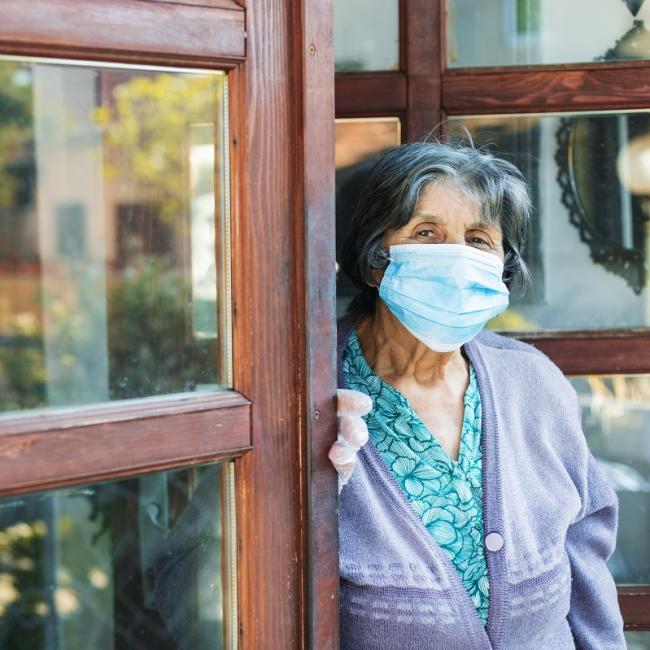Allostasis, health, and development in Latin America
Neurosci Biobehav Rev. 2024 May 4:105697. doi: 10.1016/j.neubiorev.2024.105697. Online ahead of print.
ABSTRACT
The lifespan is influenced by adverse childhood experiences that create predispositions to poor health outcomes. Here we propose an allostatic framework of childhood experiences and their impact on health across the lifespan, focusing on Latin American and Caribbean countries. This region is marked by significant social and health inequalities nested in environmental and social stressors, such as exposure to pollution, violence, and nutritional deficiencies, which critically influence current and later-life health outcomes. We review several manifestations across cognition, behavior, and the body, observed at the psychological (e.g., cognitive, socioemotional, and behavioral dysfunctions), brain (e.g., alteration of the development, structure, and function of the brain), and physiological levels (e.g., dysregulation of the body systems and damage to organs). To address the complexity of the interactions between environmental and health-related factors, we present an allostatic framework regarding the cumulative burden of environmental stressors on physiological systems (e.g., cardiovascular, metabolic, immune, and neuroendocrine) related to health across the life course. Lastly, we explore the relevance of this allostatic integrative approach in informing regional interventions and public policy recommendations. We also propose a research agenda, potentially providing detailed profiling and personalized care by assessing the social and environmental conditions. This framework could facilitate the delivery of evidence-based interventions and informed childhood-centered policy-making.
PMID:38710422 | DOI:10.1016/j.neubiorev.2024.105697





